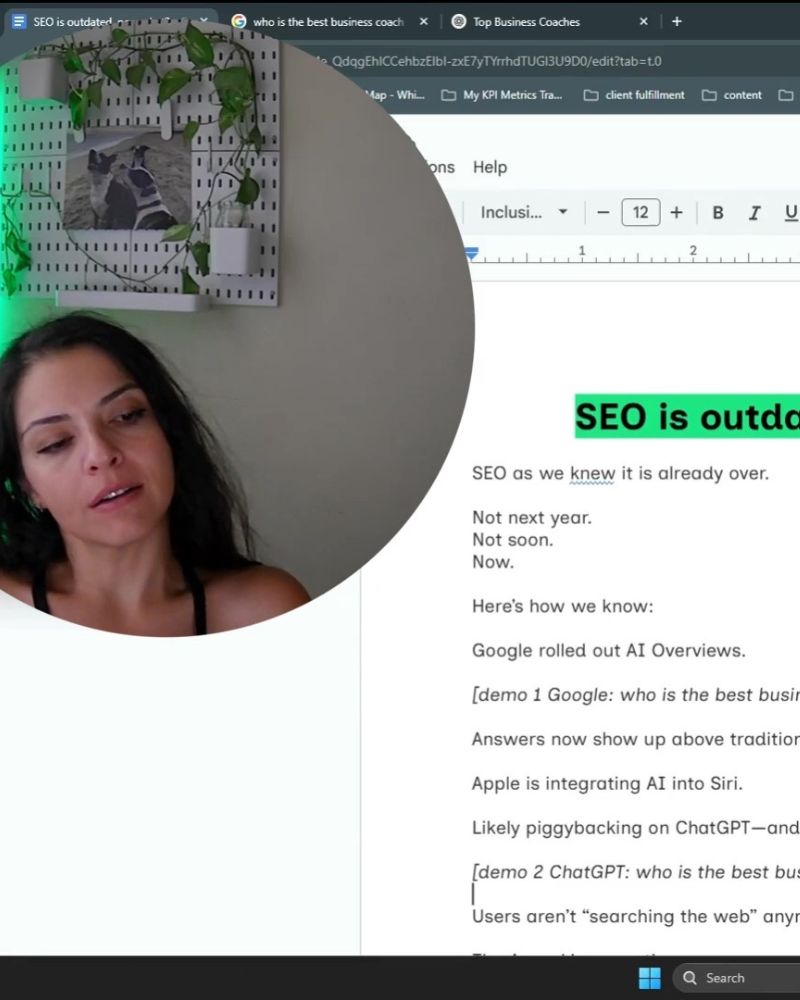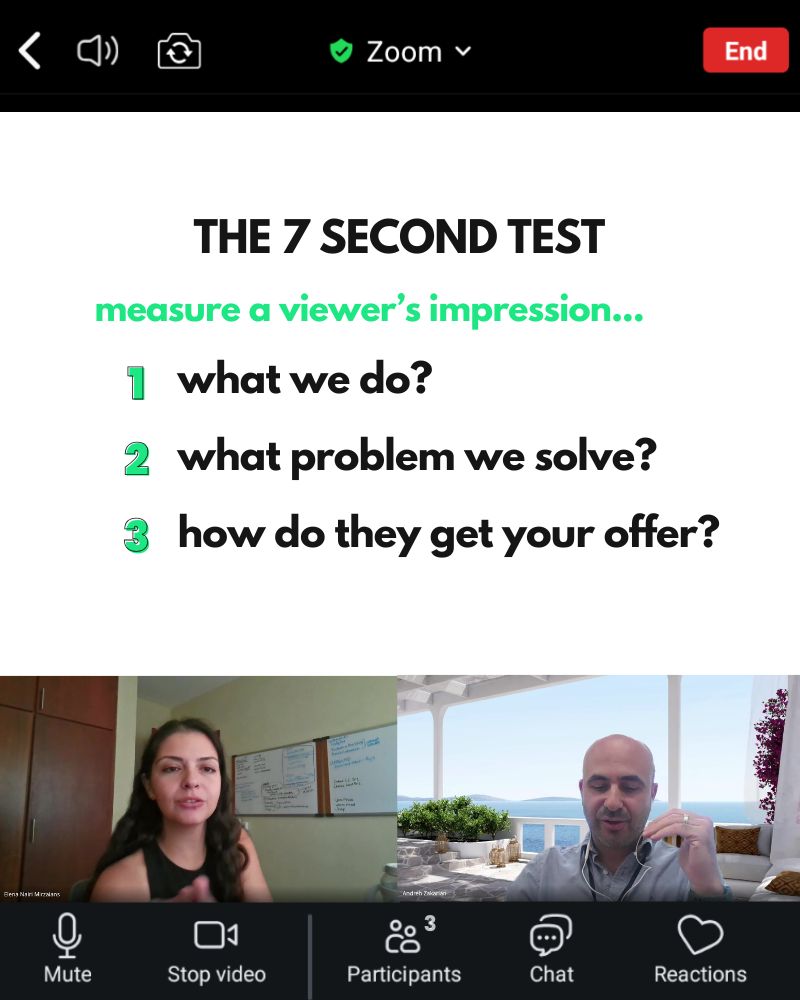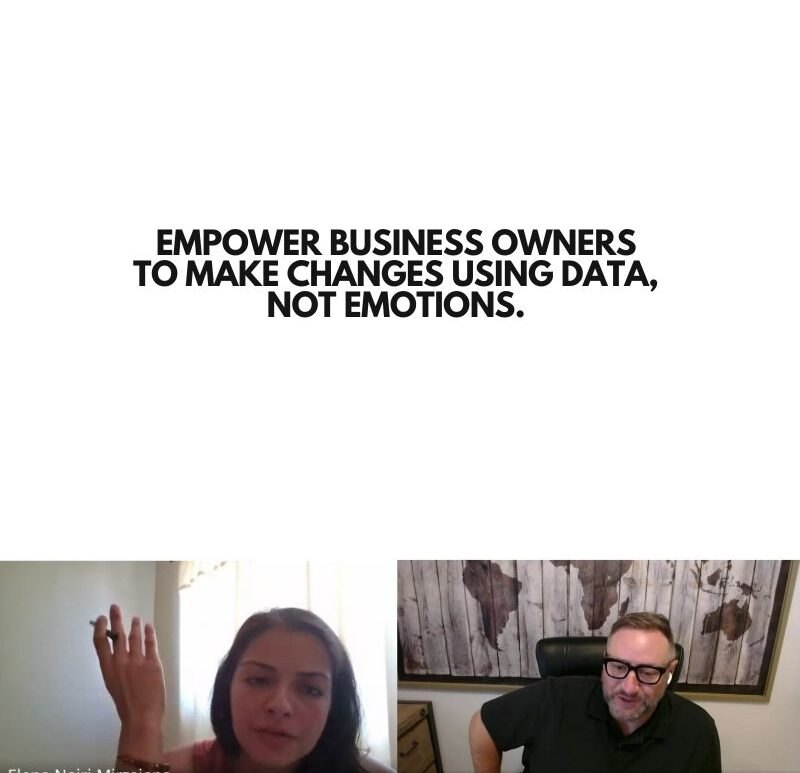We were lucky to catch up with Elena Nairi Mirzaians recently and have shared our conversation below.
Elena Nairi, so great to have you with us and we want to jump right into a really important question. In recent years, it’s become so clear that we’re living through a time where so many folks are lacking self-confidence and self-esteem. So, we’d love to hear about your journey and how you developed your self-confidence and self-esteem.
I didn’t grow up confident.
I was anxious, quiet, always observing. Not because I didn’t have opinions, but because no one seemed interested in the things that fascinated me.
To cope, I became the over-prepared one. The planner. The person who thought through every edge case. That’s how I ended up in technical project management, working with high-skill engineering teams at major companies.
I was good at it.
Engineers trusted me because I understood their language. I saw their challenges clearly and could articulate them in a way that got buy-in from leadership. I knew how to position their work, celebrate their wins, and build trust across silos.
But when I left corporate to start my own business, I hit a wall.
There was no team to spotlight. No brilliant developers to advocate for. The work I was doing was strong, but I was waiting for someone to notice. I thought, like many of us do, “The quality should speak for itself.”
It didn’t.
That’s when I realized: the skill I spent a decade mastering, making quiet brilliance visible, was the exact thing I now needed to do for myself.
If I wanted clients to trust me with their visibility, I had to be visible first.
If I wanted to help people stand out online, I had to prove it was possible.
That’s what building confidence looked like for me.
Not performing.
Not pretending.
But deciding to take up space with the same care, clarity, and precision I’d used to advocate for others.
It wasn’t about becoming an “influencer.” It was about building my own spotlight.
So others like me could see what’s possible when you stop hiding and start showing.
Because if they can’t see it, they can’t believe it’s possible for them.
And I never had that. So I had to become it.

Great, so let’s take a few minutes and cover your story. What should folks know about you and what you do?
I run Wise Web Ops, a consulting studio that helps business owners transform from invisible to seen.
Most of my clients are highly skilled, often technical or analytical people. They’re great at what they do, but struggle to show up online in a way that feels natural or aligned. I work with them to build operational clarity, tell better stories, and design a digital presence that works even when they’re offline.
What makes Wise Web Ops different is the way we bridge operational systems with personal storytelling. It’s not just branding or SEO. It’s about creating visibility that’s sustainable, strategic, and deeply rooted in who they are.
I come from a background in technical program management, working with engineering and infrastructure teams inside big tech. So I naturally approach everything through a systems and tech lens. But I also know what it’s like to be the quiet one in the room. The person with big ideas and high standards who’s just never been shown how to be seen.
That’s what makes this work exciting.
It’s not just about helping people “show up.” It’s about giving them the tools and confidence to be recognized for what they’re already great at.

If you had to pick three qualities that are most important to develop, which three would you say matter most?
Looking back, the three most impactful skills in my journey were:
1. Operational thinking
I spent over a decade in technical project and program management before starting my business. That background taught me how to think in systems, plan for edge cases, and make decisions based on constraints, not emotion.
That skill became critical when building a business, especially when resources are tight and everything feels urgent.
It’s what helped me shift from reacting to designing. From scrambling to strategizing.
2. Storytelling
This one surprised me.
I always assumed being “good at what you do” was enough. But if no one sees it, understands it, or connects with it—it doesn’t matter.
Learning to articulate why my work matters and who it’s for changed everything.
Especially for technical or service-based founders, this is the skill that makes your business visible and memorable.
3. Clarity on why you’re doing this in the first place
For me, it was never about building a big agency.
It was about building a business that funds the lifestyle I want: one with time freedom, location freedom, and the ability to support causes I care about.
But in the first two years, I lost sight of that.
I got caught in the fog of “trying to make it work.” I was doing everything, chasing clients, saying yes too often, spending 60 hours a week trying to grow.
Until I realized… if I built something that looked and felt like corporate, I might as well have stayed there.
The shift happened when I started designing the business to support my life, not the other way around.
That meant getting ruthless about what I said yes to.
Building systems that reduced my decision-making load.
And being honest about the kind of work and clients that were actually aligned.
My advice for anyone early in the journey:
Don’t just ask what you want to build.
Ask what kind of life you want to live, and reverse engineer the business to support that.
Otherwise, you risk building a cage that just happens to be self-funded.

Tell us what your ideal client would be like?
My ideal clients are often the ones who don’t see themselves as “ideal.”
They’re highly skilled—usually in technical, analytical, or operational fields, but they’ve been flying under the radar.
They’re the behind-the-scenes builders. The quiet experts.
They’ve spent years delivering results for teams, clients, or companies but when it comes to showing up online, they feel invisible.
They’re not interested in becoming influencers.
They don’t want to post every day or perform on camera.
What they do want is a clear, trustworthy way to build authority, without selling their soul or burning out.
A few common traits:
– They’re thoughtful and values-driven
– They care about quality and substance
– They want visibility, but not at the cost of their integrity
– They’ve either left corporate or are preparing to
– They want to design a business that funds their life, not consumes it
Most of all, they want someone who gets them.
Someone who can bring structure to their chaos, clarity to their message, and help them build a visibility system that actually fits how they work and think.
That’s where I come in.
Not to make them louder.
But to make them seen, on their terms.
Contact Info:
- Website: https://wisewebops.com
- Instagram: https://www.instagram.com/elena.nairi
- Linkedin: https://www.linkedin.com/in/elenamirzaians/
- Youtube: https://www.youtube.com/@wisewebops


Image Credits
© 2025 Has Alexandra. All rights reserved.
so if you or someone you know deserves recognition please let us know here.




